One of the stereotypes that often accompanies historic preservationists is the battle over replacing historic windows.
What good are they in this modern world of central air conditioning and cheap vinyl replacements?
Why go through all the trouble to take the time and effort of removing the sashes, repairing the sash cords, resetting the glass, and rehanging wooden window sashes when a property owner can just run right over to your nearest big box hardware store for the grab-and-go vinyl option?
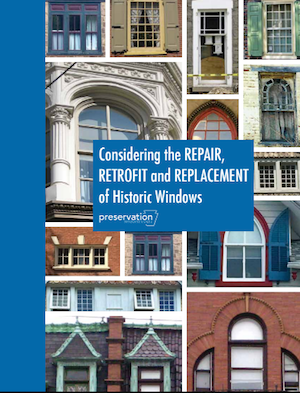
Who really appreciates historic windows anyway?
Fishtown
Over the last decade, the historic buildings of the Fishtown neighborhood in Philadelphia, a National Register eligible historic district (Key# 102284), have transformed to become the homes of chic boutiques and some of the best restaurants in the United States.
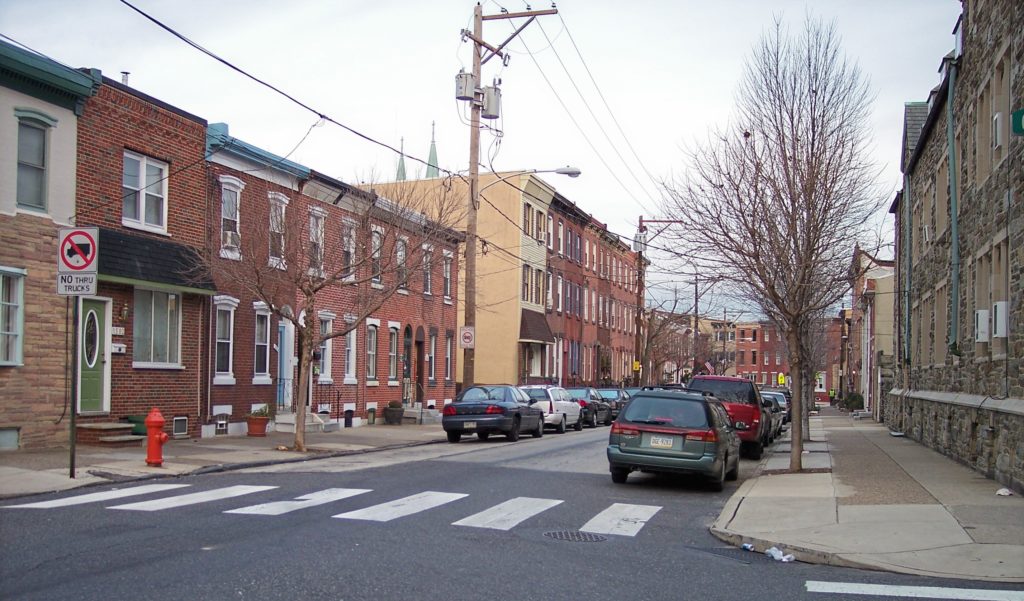
Tourists and locals alike flock to the restaurants, bars, and coffee shops at the intersection of Frankford and Girard Avenues or nestled within the neighborhood’s labyrinth of narrow streets and hodgepodge of densely packed rowhouses.
Windows work
During the current COVID-19 pandemic, humble, and often over looked, operable historic windows have helped many of Philadelphia’s small businesses continue to operate.
When their doors closed to patrons in March, business owners in Fishtown looked for creative solutions to continue safely serve their customers and keep their businesses going.
The historic buildings, and some of their character defining features, helped to provide a solution to the current public health restrictions. The sashes of windows that had previously remained closed became walk up service windows. Tables were set up in front of doors to provide makeshift counter services.
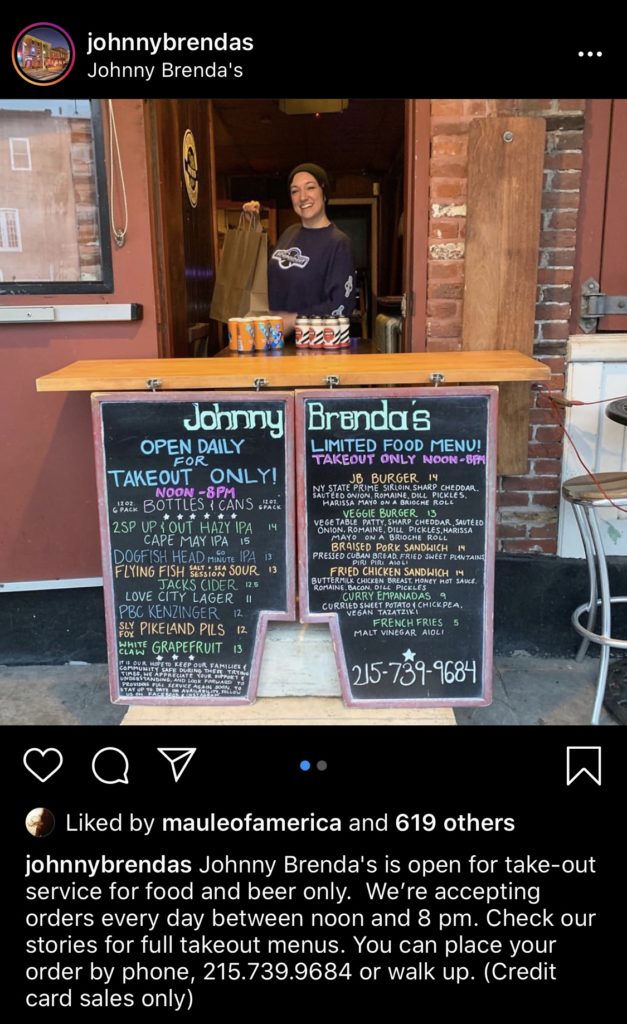
Sometimes, the simple solution is to look at an old thing in a new way.
You can read more about Philadelphia’s new take out window trend in this April 2020 story from the Philadelphia Inquirer.
What about the rest of PA?
Have you noticed restaurants in historic buildings in your community using their windows in this creative way? Leave a comment to tell us about it!
Share this post and encourage businesses in your community to #StealThisIdea.
Comment Policy
PHMC welcomes and encourages topic-related comments on this blog. PHMC reserves the right to remove comments that in PHMC’s discretion do not follow participation guidelines.
Commenters and Comments shall be related to the blog post topic and respectful of others who use this site.
Commenters and Comments shall not: use language that is offensive, inflammatory or provocative (this includes, but is not limited to, using profanity, obscene, or vulgar comments); disparage other commenters or people; condone illegal activity; identify the location of known or suspected archeological sites; post personal information in comments such as addresses, phone numbers, e-mail addresses or other contact details, which may relate to you or other individuals; impersonate or falsely claim to represent a person or an organization; make any commercial endorsement or promotion of any product, service or publication.
If you would like to comment on other topics not related to this blog post but related to PHMC, please fill out the PHMC Contact Us Form.
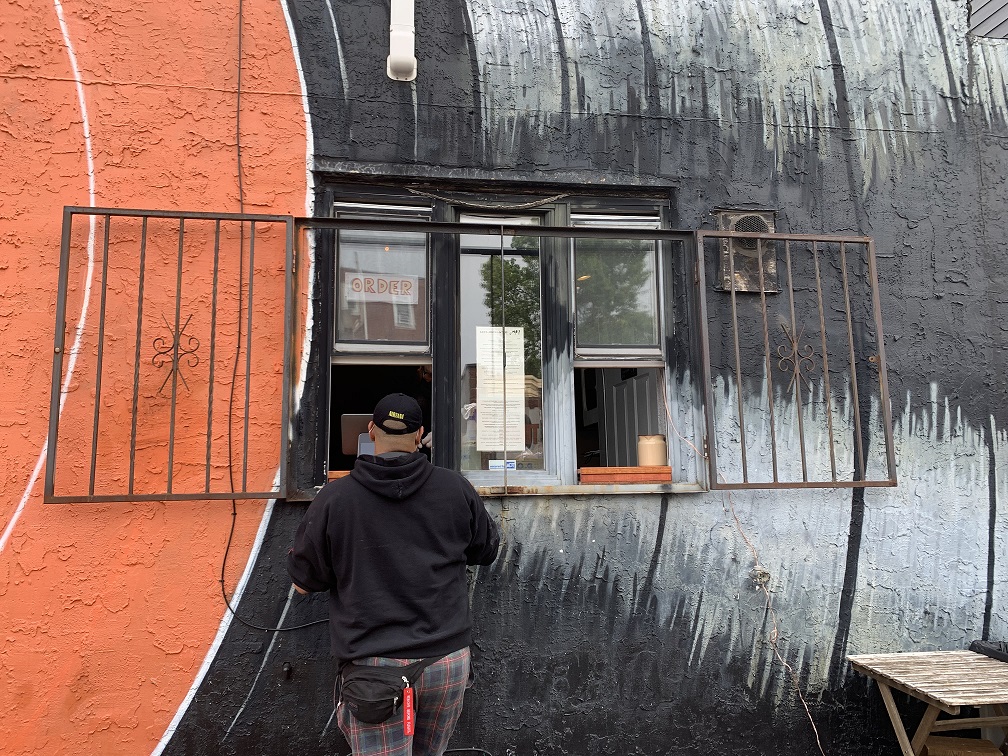
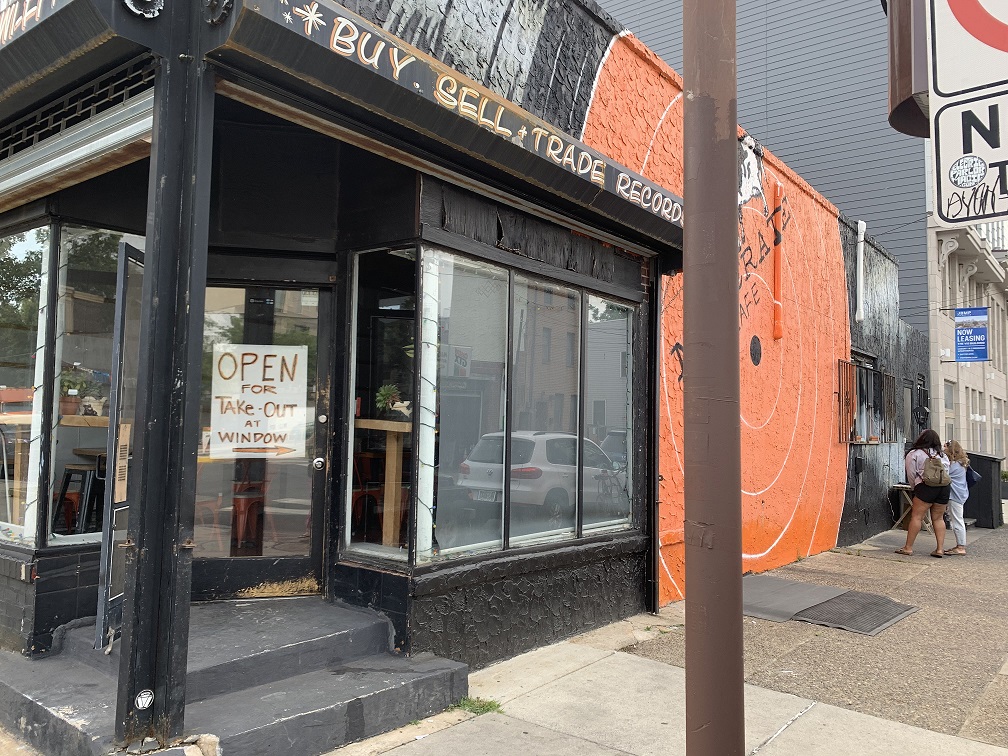
The problem of preserving historic buildings is relevant not only for Pittsburgh, but also for Europe. I liked the way it was implemented in Budapest. They managed to make world-famous ruinous pubs in factory buildings. Many cafes have been working and preserving their historic appearance since the early 20th century. Such authenticity attracts tourists!
This definitely is a very amazing helpful use of historic windows. Glad to read something positive after so many days.